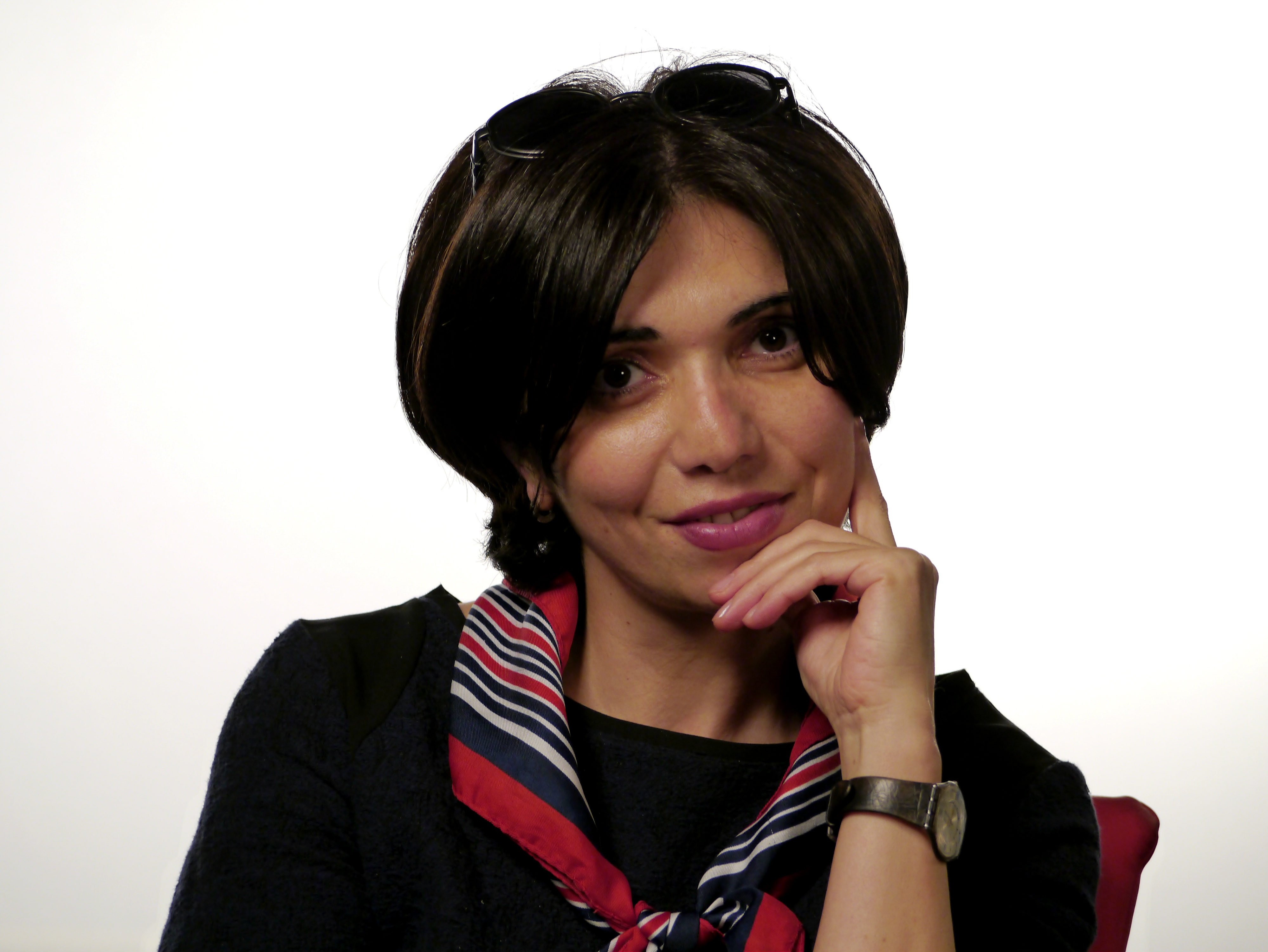
Many journalists and editors attest that they offer culture as a relatively easy, “light” sector to journalists setting foot in the newsroom: “You’ll work as a journalist covering culture, you’ll grow, and then maybe you’ll be able to write about political topics.” That is to say, slowly you’ll move from the last page to the front pages (the culture section is the last or penultimate page in the newspaper).
This, when writing about culture is more difficult than writing about politics.
For the culture reporter to be able to produce an interesting article on any opera performance, they need to have an excellent mastery of the material: liberatto, music, history, literature, and so on, and so on. The same can be said about an art exhibit, theater performance, or newly published book. Otherwise, the article won’t go forward after the third sentence.
There’s a certain dilemma here: culture reporters can’t simultaneously master all forms of art because they don’t have the specific education, and the experts don’t write, since no one asks them.
To my question why theater critics don’t write critiques of some performance in the press, after all, almost all the theaters are in working order, theater critic, dramaturge Anush Aslibekyan said:
“You’ve hit upon the most painful point in modern theater critique. It must be said that there is an intense theatrical process, there are theatre critics, but there isn’t the platform from where theatre critics can and should respond to what’s happening in theater. If in literature and the other sectors, there are specialized publications, well no specialized newspaper or magazine on theater exists.
“As for newspapers, during all these years, I’ve never received an offer from any editor to write a theater column in the paper. It turns out: theater critics themselves have to run after newspapers and ask for their review to be printed…? It happens that they don’t refuse, but immediately followed is the ‘but’: but there’s no honorarium…
“Theatre critique is not journalism; it’s a highly specialized and scientific area, with its unique and distinct format. It’s challenging and serious work, which should be highly rewarded by the press itself. Our newspapers are satisfied with journalists’ article-reviews, which are only journalism, or interviews, or an impression from the performance.
“That’s not theater critique, it can’t be, though for a long time now, some journalist have become so ‘specialized’ in writing about their impressions of performances that they claim to be theater critics, or the public has begun to perceive them automatically as theater critics, and they haven’t opposed the title.”
The issue of remuneration was raised also by one of the lecturers of the Komitas State Conservatory of Yerevan, who asked not to be identified. Their articles have been printed, but the honorarium was so paltry that they’re embarrassed to even talk about it…
I have vague suspicions that if there are enough political, economic stories in the daily papers with which it’s enough to “close” a given issue, the conversations and topics that address culture can wait another day or two…
Culture reporting is receding today perhaps not only in the Armenian media. Politics, social issues, and economic matters are in the front pages in all countries. The arguments can seem so compelling, but…
Because of the need to work on a science piece, I flip through the press of the mid-19th century to the 1950s. It’s Armenia’s most painful period: the massacres of 1896, World War I, Genocide, the Armenian Question, First Republic [of Armenia], Soviet Armenia, World War II…
In the Armenian press, however, cultural topics haven’t withdrawn. And, by the way, writing for the paper were people working in science, art, and literature — beginning from members of the Mechitarists, almost all our writers, many musicians, scientists. For example, information about Komitas’ biography and European lectures would be incoherent without the coverage in the press. And the authors of the articles were musicians by training — especially pianist, singer Margarit Babayan (1874–1968). Istanbul Armenian intellectuals debated in the press. And the piece on the debates: literary trends, critique of newly published books, discussion of music and theater performances, criticism, analysis of the work of Armenian painters in international biennials…
Now one rarely comes across professional critique of performances, cinema, literature, or painting (I’m not talking about magazines with a specific focus, circulation and price of which assume a modest number of readers). Journalists today too tour theaters and exhibits, and, as a rule, offer their impressions of this or that event, often passing this or that artist’s words as their own.
Newspaper editors can’t allow themselves the luxury to commission pieces with high honorariums from famous critics. And readers’ demand is not that tenacious for editors to be forced by the threat of losing readers to find additional funds to pay for expert opinions. The desire for readers is almost like this: you know, “my doves,” keep your intelligent thoughts to yourself, and just point out for us what performance or concert is there, what book has been published? And we ourselves will decided to go or not to go, to buy or not to buy…
That, in the past, writers and other artists would take a pen and write in newspapers, criticize, discuss, debate, was dictated by a cultural environment. The public would live by cultural events, with the newly published book of this or that writer, with the adoption or rejection of a new literary trend…
Avetik Isahakyan in one of his letters writes that the lines for a newly published book in Armenia during World World II were similar to the lines for bread.
For culture reporting, generally speaking, to bring cultural events to the front pages of newspapers, what’s missing is the most important: the cultural environment. And the idea that politics, economy, and sports depend on culture sounds beautiful, but to prove it, by referring to the media, is in no way possible.
Lilit Avagyan
The views expressed in the column are those of the author's and do not necessarily reflect the views of Media.am.


Add new comment
Comments by Media.am readers become public after moderation. We urge our readers not to leave anonymous comments. It’s always nice to know with whom one is speaking.
We do not publish comments that contain profanities, non-normative lexicon, personal attacks or threats. We do not publish comments that spread hate.